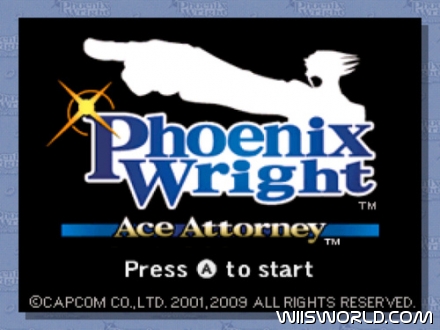Last week there were a lot of comments about the attorney generals of eleven states filing an amicus brief with the US Supreme Court in support of California’s regulation to restrict the sales of “violent” video games to minors. California’s law has been rejected and overturned by the courts for being too vague or over-broad violations of the first amendment rights of consumers and developers. Eleven states joining on California’s behalf seemed to hearken back to the flood of attempts to censor or restrict sales of Grand Theft Auto a few years ago.
So what does that mean? Not a whole heck of a lot, actually. Attorney Generals can file briefs on behalf of their state without that brief reflecting the views of the state, as with Rob McKenna and the health reform suit. The post of Attorney General is usually an elected position, meaning that politics and sound bytes come into greater prominence than with appointed positions, and for many of the states involved, being a “fierce advocate for children” is usually a good talking point.
Second, just because eleven attorney generals signed a brief does not mean that either 1) it will influence the decision by the Supreme Court or 2) that the signatories actually had any real impact on the brief itself. With well known suits like this one, often the firm who wrote the brief will shop it around to other clients in a similar position, reducing the cost for everyone, and giving each client the ability to claim involvement with current issues.
Then, too, look at the states which joined the suit: Connecticut, Florida, Hawaii, Illinois, Louisiana, Maryland, Michigan, Minnesota, Mississippi, Texas, and Virginia. Not exactly the locations for large groupings of video game studios or on the cutting edge of software development.
The brief will be read by the justices, or the justices clerks, rather, but will merely serve to give the court a better idea of public opinion. Video game regulation has been heavily contested in the past, and courts usually side with the developers. Even if the ESRB hadn’t been recently lauded by the FTC for self-regulating the access of violent video games to children, it’s unlikely that this brief will have much lasting impact on the case.
Questions? Comments? Use the Contact Form!

 The games are mostly for the Nintendo DS, and follow the same basic premise. You play as a criminal defense attorney, and the first case you receive is also a tutorial, where you defend an old friend, Larry Butz, from a murder charge. “If something smells, it’s probably the Butz.”
The games are mostly for the Nintendo DS, and follow the same basic premise. You play as a criminal defense attorney, and the first case you receive is also a tutorial, where you defend an old friend, Larry Butz, from a murder charge. “If something smells, it’s probably the Butz.” I say “court” because the proceedings don’t exactly follow the Federal Rules of Evidence, or the Constitutional protections offered to criminal defendants in the United States. This game was created in Japan, and certain aspects certainly indicate that influence. You have an assistant, a Shinto Priestess trainee, who channels the spirits of the dead, and many of the elements of the cases reference things that American audience might not fully appreciate.
I say “court” because the proceedings don’t exactly follow the Federal Rules of Evidence, or the Constitutional protections offered to criminal defendants in the United States. This game was created in Japan, and certain aspects certainly indicate that influence. You have an assistant, a Shinto Priestess trainee, who channels the spirits of the dead, and many of the elements of the cases reference things that American audience might not fully appreciate.